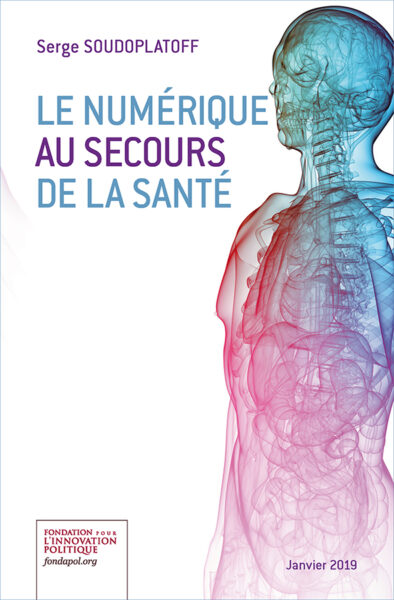The overall French Social Security budget deficit rose to 8.7 billion Euros in 2006 (compared with 11.6 billion in 2005), and the state health insurance element is estimated at 6 billion Euros. The deficit has soared at an alarming rate over the last 10 years or so and this has led to several attempts to reform the system. The latest, in 2004, made it possible to ensure that treatments are co-ordinated and bring about an initial reduction in costs (and wastage).
The second step in the reform would require everyone to have a personal medical record (dossier médical personnel, DMP). The new system is ambitious since its aim is to provide a full medical history for each patient and improve the way treatments are co-ordinated.
However, as Patricia Siwek explains, the new arrangements raise many technical and human problems. The DMP will require organization and goodwill on the part of doctors and patients; it will not replace other medical records and patients will be able to allow certain information to be added to their DMP.
In order to work, the DMP will need to be used correctly and by as many people as possible in order to offset its cost and to improve the efficiency of the health insurance system. Patricia Siwek argues that, even if the DMP alone will not be able to solve all the problems of the health insurance system, it would at least make it more transparent and rational.
Controlling Health Costs: the Plan to Create a System of Individual Medical Records in France
Cet article fait partie de la revue Futuribles n° 330, mai 2007



